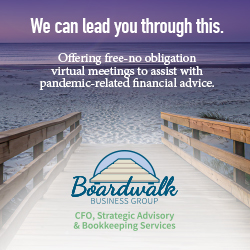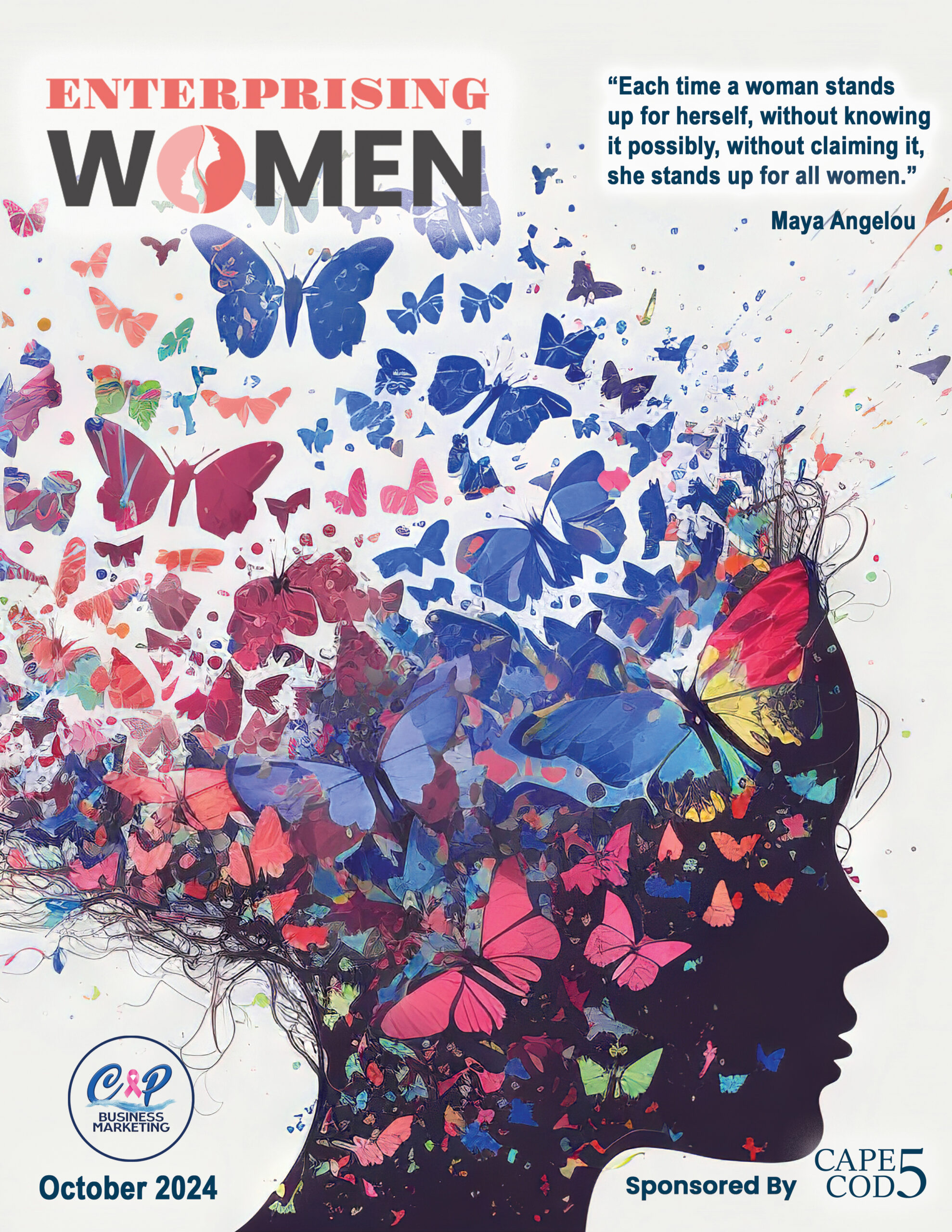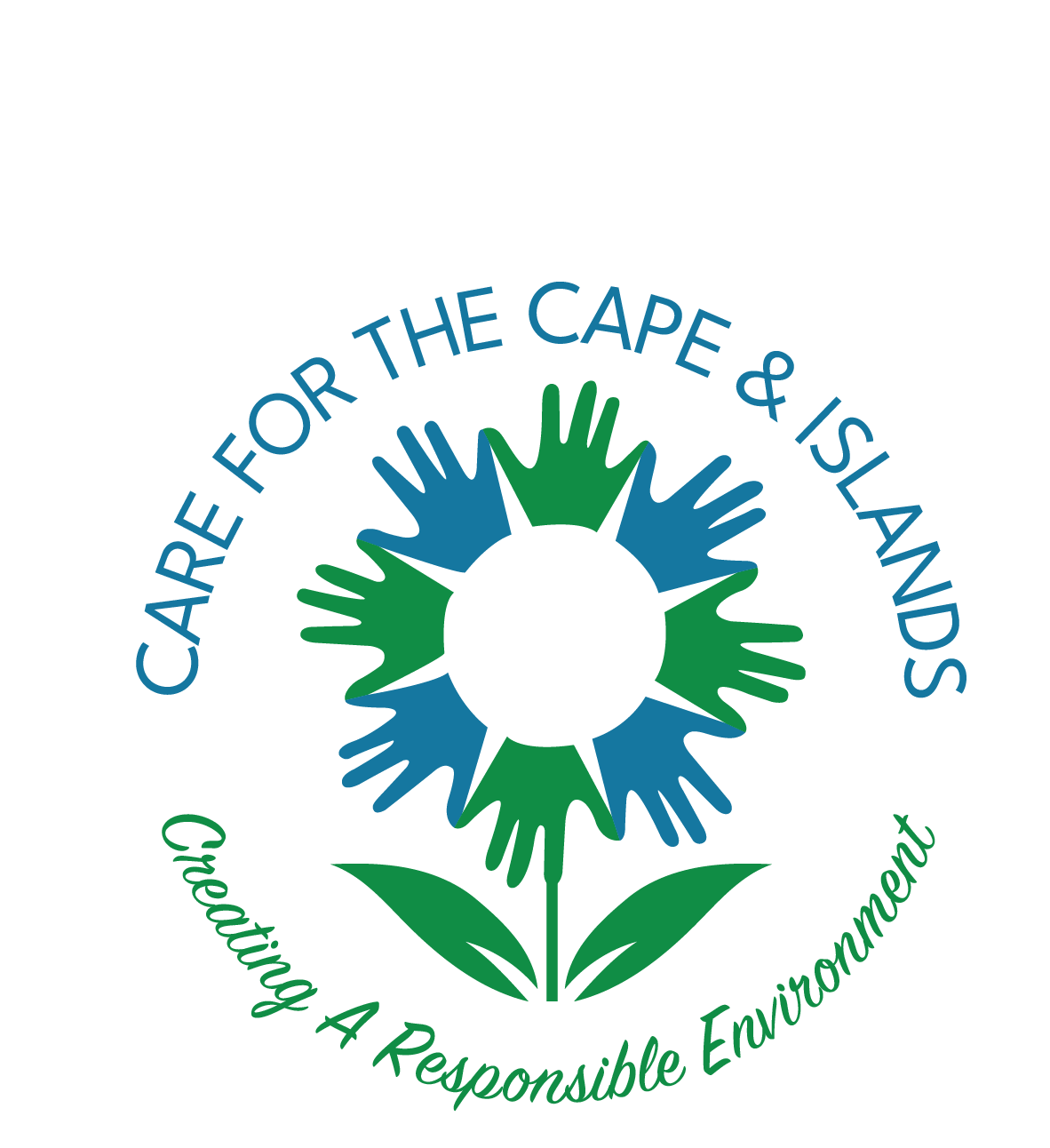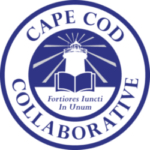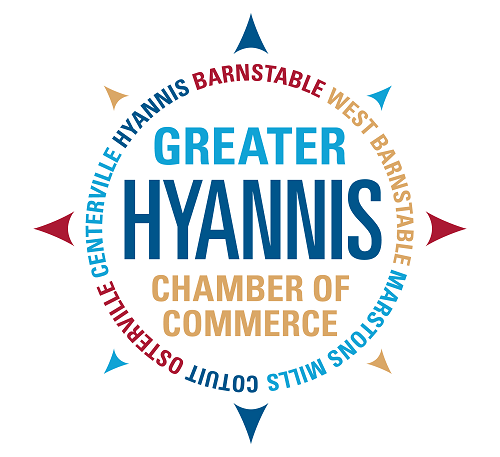Mountains and sea. East Coast and West. Cubicles and ocean. Fishing and retail.
Those may seem like opposites, but in the case of Alaska commercial fisherman and native Cape Codder Tracy Sylvester they are wrapped up in one individual.
Now she is using her varied background to benefit both the industry and those on the Cape through her company, Wooden Island Wild, a community supported fishery that brings New Englanders a direct connection to Alaska seafood from the company’s headquarters in Falmouth.
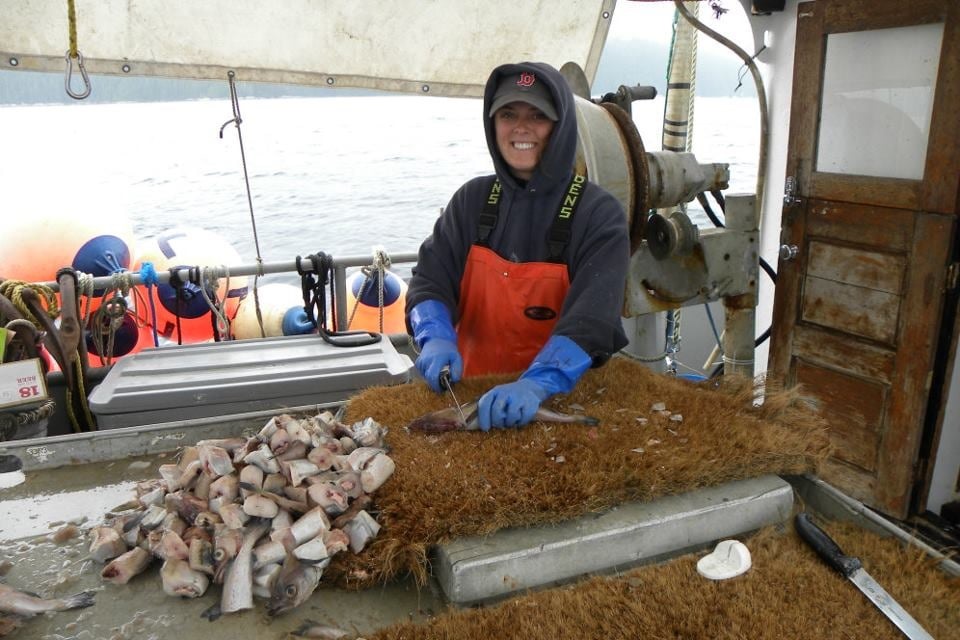
Sylvester was introduced to a career on the ocean through forestry. She was an undergrad at the University of Vermont when she had the opportunity to go to Alaska and spend the summer as an intern for the U.S. Forest Service. Having grown up on Cape Cod, she was familiar with seafood and the commercial fishing industry, but had never commercial fished herself.
“It was a wild internship and an incredible way to experience Alaska for the first time. The job involved flying around in helicopters, weeks of camping, and long river hikes (in waders) through grizzly bear country… all with the end goal of blowing up old logging bridges and culverts,” she said. “These old structures from the logging days are constricting water flow, degrading watershed integrity and salmon spawning habitat.”
Sylvester returned to Vermont when the summer ended, but she kept getting drawn back to Alaska. Moving back and forth across the country, she contracted for the National Oceanic and Atmospheric Administration on the East Coast, worked as a commercial fisherman on the West Coast, and worked plenty of odd jobs, including more than 10 years of waitressing, to make ends meet.
“Right out of college with a fisheries degree, I tested waters with different government agencies, but kept coming back to fishing and the food industry for the good income and supportive community,” she said.
The Tender Life
After walking the docks in Sitka for a few weeks, Tracy and her best friend Liz (who traveled from Vermont with her) took the advice of a few friendly skippers they had met and focused their search on a tendering job. (Tenders act as the middleman between fishing boats and fish processors.) She remembers getting the job by walking with a friend into the Pioneer Bar in Sitka, and writing “Tendering Job Wanted” on a chalkboard, above the pool table, that fishermen use like an employment agency.
“The board typically has all sorts of hilarious things written on it, but it has been an effective source of employment for myself and many others!” she said with a laugh.
At 21 years old, Sylvester first saw the promise of a life at sea during those first few months deckhanding in Alaska. With a crew of three and around the clock work, it was no easy gig. “It was the best crash course I could have had in seamanship, fleet dynamics, identifying the five different species of Pacific salmon, and understanding quality control in regards to fish handling and grading,” said Sylvester.
She also met her partner, fisherman Jesse Remund, in Alaska. Remund and Sylvester found they had a lot in common. Jesse had been fishing and living by the sea in Alaska since he was a baby, studied marine biology, and like Sylvester thinks advocacy is an important part of being a fisherman.
Through all her bouncing back and forth between coasts, Sylvester kept commercial fishing. She worked mostly on salmon trollers (not be confused with trawlers) out of Sitka, but also longlined for halibut and black cod with Jesse and his dad out of Port Alexander, a small fishing village a 12-hour run south of Sitka.
She crewed with a few different skippers before she and Jesse got their own boat, the F/V Faithful in 2014. “It is a beautiful, classic old wood boat, built in 1939 in Spokane, Washington,” she said. They typically salmon fish with their two young kids on the F/V Faithful, while the longlining happens on Grandpa’s boat, the F/V Teasha.
For over a decade, Sylvester and Remund have been trying to launch their own Alaska fish company to offer their catch on the East Coast, where they have always spent time in the off season, Tracy working contracts in fisheries science and Jesse doing some commercial scallop fishing as well as a brief stint as a fisheries observer.
From Alaska To Falmouth
Belonging to the Seafood Producers Cooperative, a 100 percent fisherman-owned processing co-op that was founded in 1944 (the oldest in the nation) has been a huge help in bringing their marketing ideas to fruit. The cooperative fillets, vacuum packs, and flash freezes the catch and markets wholesale and retail (Alaska Gold Brand). This year Jesse and Tracy made the leap and started Wooden Island Wild, named after a remote island in Southeast Alaska. They offer New Englanders are direct line to top quality Alaska catch, directly from the fishermen themselves. They set up shop in Woods Hole, where Sylvester continues to have professional ties to the science community, the couple launched Wooden Island Wild at the Falmouth Winter Farmers Market just about a year ago. Only a few weeks later COVID-19 surprised the region.
All in all, it has gone well. “We’ve been busy,” she said, spending the last nine months personally filling direct to consumer orders all over New England and working one farmers market a week up in Boston.
People often start with an interest in their wild-caught salmon, but once they try the black cod (sablefish) they are hooked.
“Everyone who has tried sablefish says it is a mind-blower, there is literally nothing like it,” said Remund.
Sylvester and Remund feel that the idea of local boats fishing sustainably resonates and is a welcome message no matter what coast they’re standing on. Remund says the fisheries are part of the traditions and culture of Alaska, as they are here. “Our whole fleet is family owned and our catch is a wonderful renewable resource that we hope to have for generations to come,” he said, “it is why conservation advocacy is so important to young fishermen like us.”
“We want to encourage consumers to eat ever more healthy, sustainable seafood,” Sylvester agreed, “local and fresh responsibly harvested seafood is always ideal, but to really sustain our industry, and especially small owner-operated vessels, we need to work together to get more consumers demanding our nation’s high quality catch in all its forms. Fresh, frozen, canned, smoked… East Coast, West Coast, and the Gulf… as U.S.A. fishermen, we are all in this together.”
For more information, visit . https://www.woodenislandwild.














